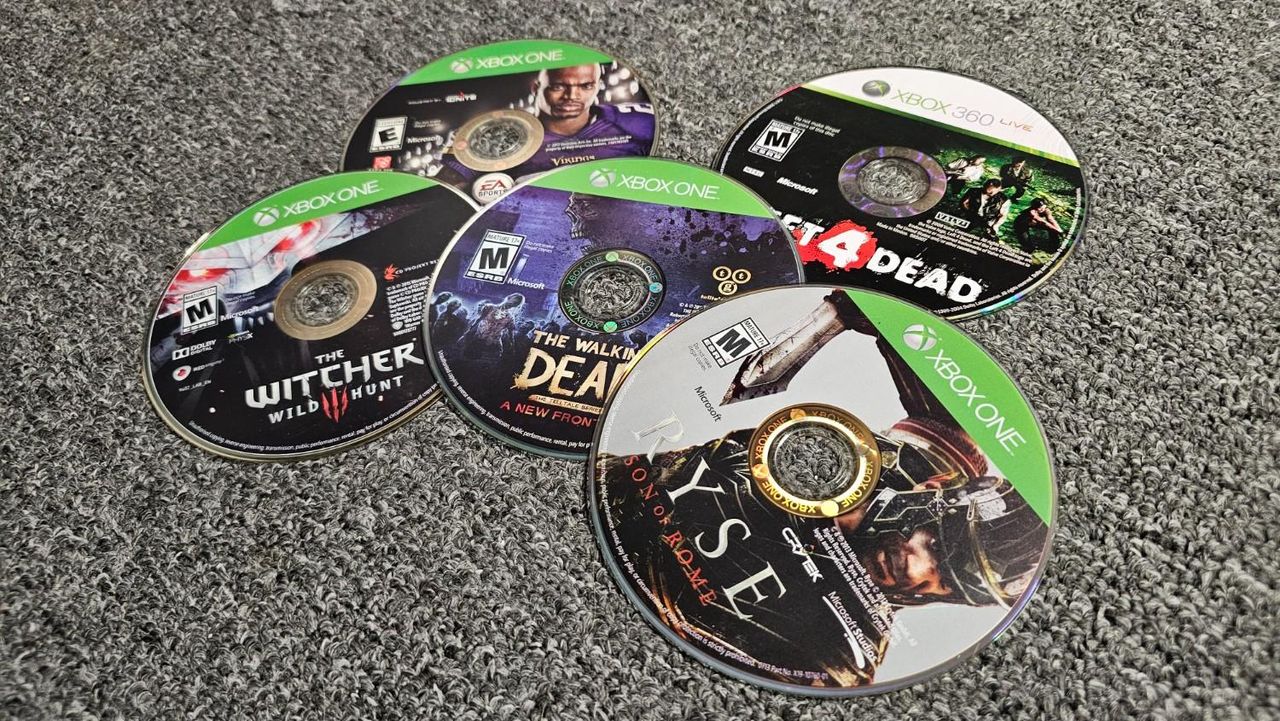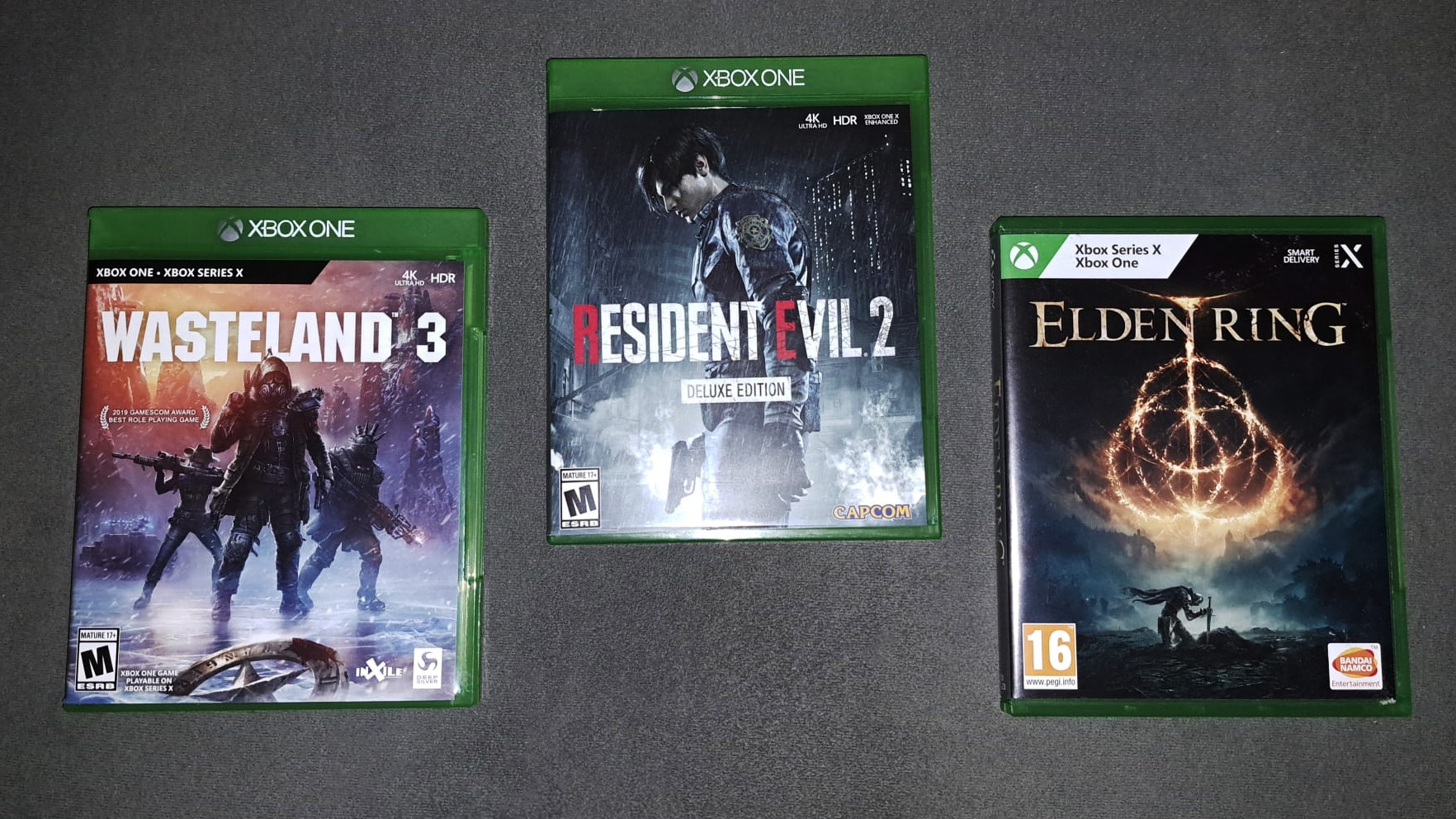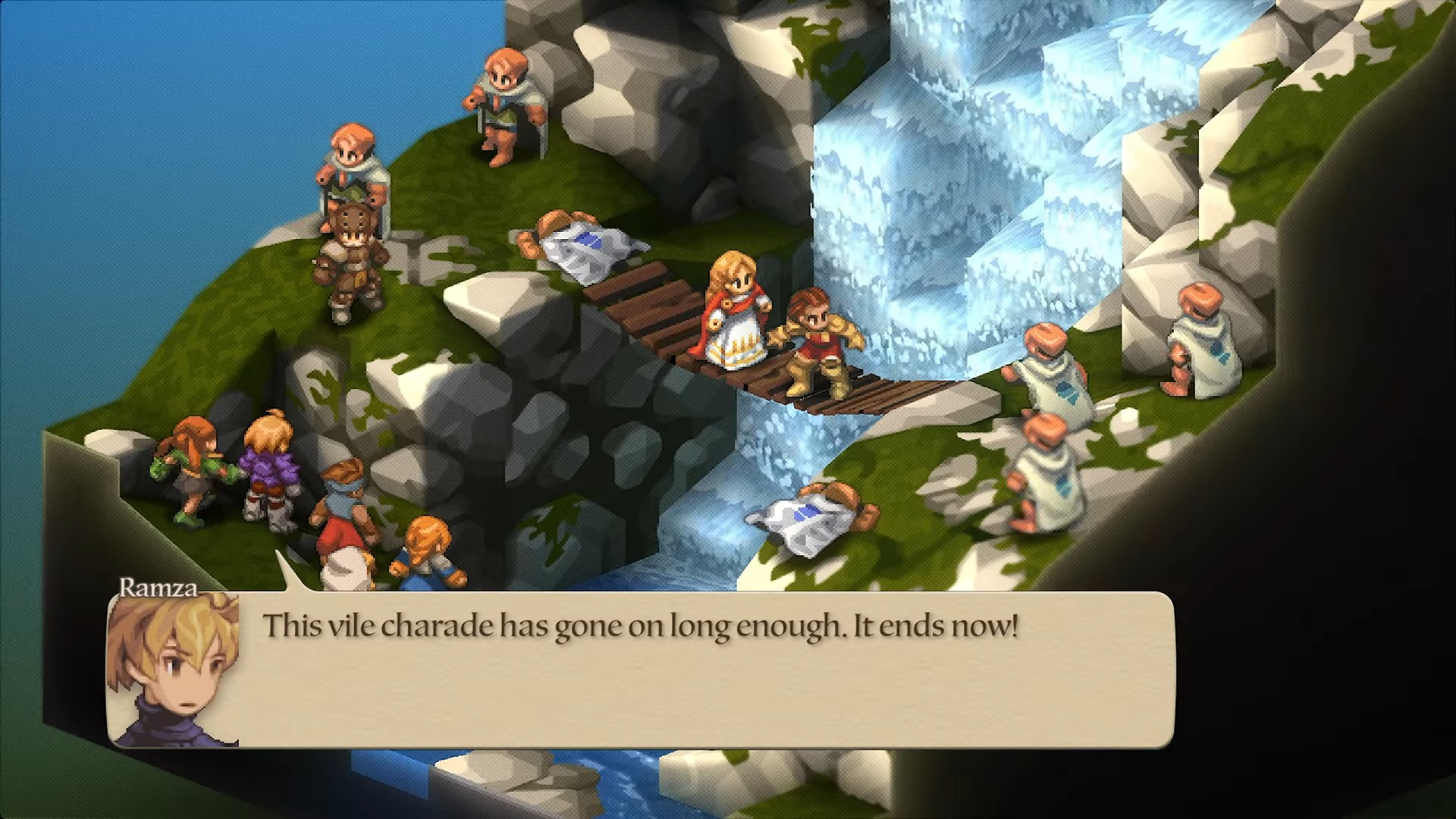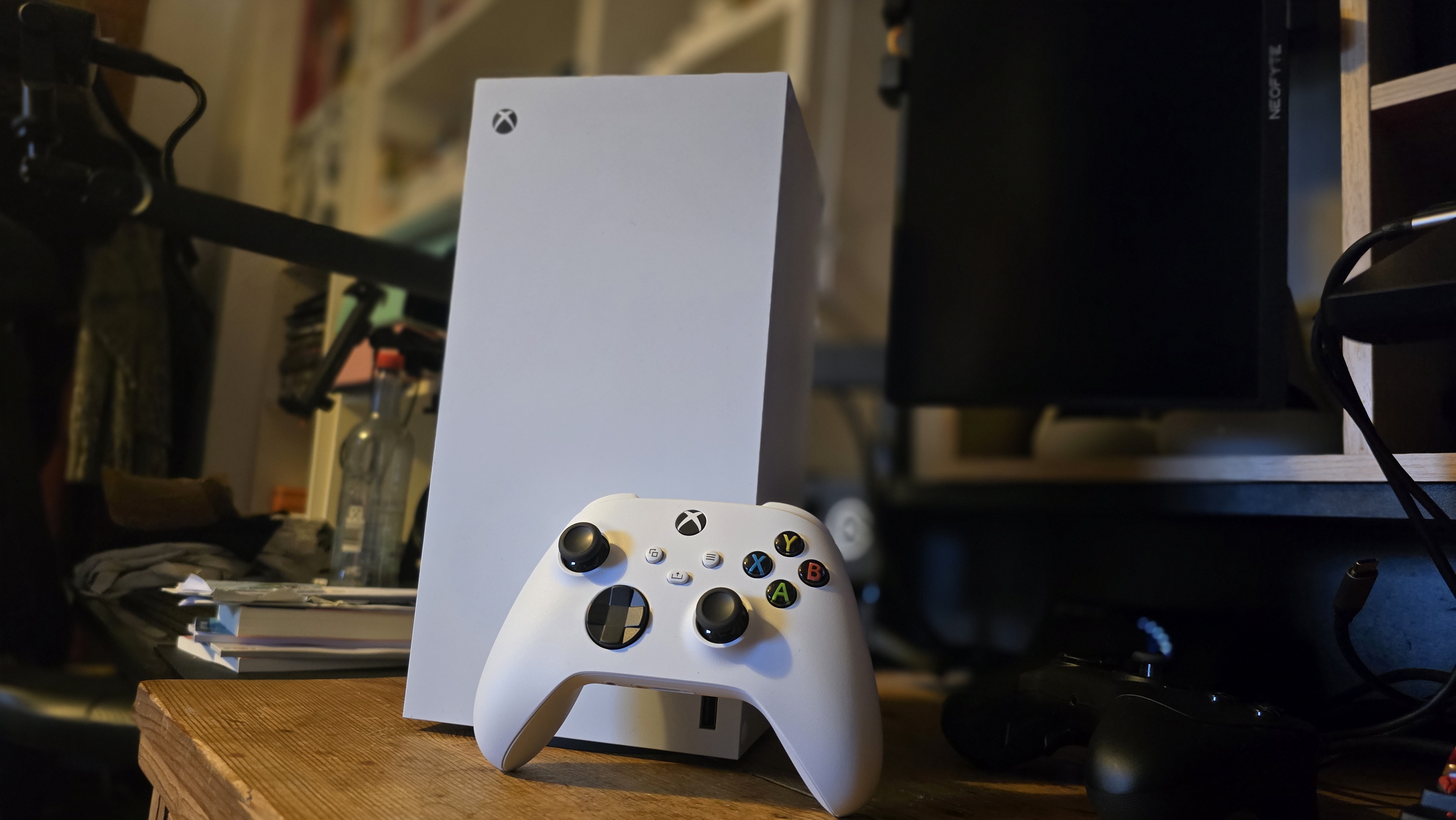
Although exact numbers aren’t publicly available, it’s clear that Xbox is now primarily a digital platform.
For years, we’ve played video games on different physical formats – from cassettes and cartridges to CDs and then Blu-Ray discs. But around the time Blu-Ray came out, things started to shift.
Storing data in the cloud and delivering content digitally became much quicker and more affordable. Because of this, platforms like Steam quickly became dominant, largely replacing physical PC game discs. Combined with technologies that protect digital content (DRM), buying a physical PC game now feels unusual, except for a few special or limited editions.
Most new computers and laptops don’t include disc drives anymore, and gaming consoles are likely to follow suit.
Physical game discs are becoming a thing of the past. Increasingly, games are released only as digital downloads, especially on PC platforms like Steam. Plus, newer consoles are often released without disc drives altogether. Both PlayStation and Microsoft now offer digital-only versions of their consoles, and PlayStation’s sales figures show a growing preference for digital games over physical copies.
This trend has been more rapid for Xbox.
The death of the physical Xbox game

As an analyst, I’ve been watching Microsoft really lead the charge towards digital game ownership. They were the first major console maker to offer direct digital downloads and even release a console without a disc drive. They’re now heavily incentivizing players to go digital, partly because their ‘play anywhere’ system and account-based licenses depend on it. Game Pass is central to their strategy, and naturally, it relies on digital rights management. Increasingly, accessing Xbox games means going digital-first; you can’t use physical discs with cloud gaming, Xbox Play Anywhere, or even on the Series S console. It’s clear Microsoft is building an ecosystem where digital ownership is the primary path.
When you buy games on Amazon, you’ll often find digital download codes for Xbox Series X|S, as well as the traditional physical disc version. There’s also a newer, disc-free Xbox Series X available now, which adds to the options. While large online stores like Amazon can handle all these choices easily, the demand for physical Xbox discs has dropped so much that many brick-and-mortar stores have stopped selling them.
Microsoft hasn’t released a way to connect a disc drive to any of its Xbox consoles, and it doesn’t seem likely they will. The new Xbox handheld, the Ally, will mostly focus on digital games, though because it’s a Windows PC, you *could* connect a disc drive using a USB port. However, for gaming, there’s little point. Most people haven’t bought a physical PC game in years, if not decades. Despite this, many gamers aren’t pleased with the lack of a disc drive option.
Konami games aren’t performing well on Xbox because most players buy digitally, and physical copies rarely sell more than 2,000 units. This makes it difficult for us to recoup our investment, especially given Xbox’s focus on digital sales. (As of September 18, 2025)
Companies such as Limited Run Games have done a great job of making physical copies of games, especially for consoles. While Limited Run Games is the clear leader in this area, they’ve found it difficult to make a profit when producing Xbox versions of certain games.
Josh Fairhurst of Limited Run Games explained on X (formerly Twitter) why some of their upcoming Konami games won’t have physical Xbox versions. He stated that sales of physical copies on Xbox are typically low – usually under 2,000 units – even for popular titles. This makes it difficult to recoup their investment, especially since Xbox is a platform where most people buy games digitally. Essentially, they don’t receive enough sales to justify producing physical copies for Xbox.
Bringing our game to Xbox would typically cost around $50,000, and after all expenses and fees to our partners, physical copies usually only earn us about $30,000. We rely on digital sales to make up the difference, but sometimes we don’t receive any or very little of the profit from those digital sales.
Limited Run Games usually focuses on smaller, independent games, but even major companies like Square Enix-known for the Final Fantasy series-are now skipping physical releases for Xbox. Recent games like Final Fantasy 16, 7 Remake, and Final Fantasy Tactics are all available digitally only on Xbox.
Microsoft’s reputation as a game preserver has been questioned

I stopped buying physical Xbox games after the Xbox 360, so I understand why things are the way they are now. I used to love collecting games as a kid, even though space wasn’t much of a concern back then. It’s a fun hobby if you have the room and time for it, and I’d hate to see it fade away.
Microsoft is presenting itself as a champion of game preservation, but primarily in the digital realm. Ironically, Xbox is currently the only platform where you can play all the core Final Fantasy games, as some were never released on newer PlayStation or PC systems. However, this relies on Microsoft continuing to support the Xbox platform.
When it comes to keeping games available for the long haul, physical discs are the most reliable option. Microsoft has a history of shifting its focus based on profits, which makes many gamers worried about their long-term commitment to gaming. This uncertainty leads some to prefer buying physical copies of games, or even consider leaving the platform altogether.
Microsoft could definitely find ways to benefit all its gamers, not just those who have switched to digital games.

It would be great if Microsoft worked more closely with Limited Run Games to help lower the cost of physical game releases. Microsoft could also consider creating an affordable USB disc drive for the Xbox Series S and X, even initially just to verify game licenses. While current USB speeds might not allow playing modern games directly from disc, future Xbox consoles could have faster ports. Microsoft could manage production carefully to meet demand and support players who already own a lot of physical games.
The next Xbox is predicted to function much more like a PC than previous consoles, likely running the full version of Windows 11 (or possibly Windows 12). If true, this could make it compatible with more games than any console before it. Microsoft is working with AMD to create chips that can play both PC and traditional Xbox games, and a dedicated team led by Microsoft President Sarah Bond is focused on ensuring broad game compatibility.
I was hoping that in some alternate reality, a regular USB Blu-Ray drive could just let you keep playing your Xbox games from discs, but honestly, that seems like a bit of a dream.
Microsoft generally adapts to new trends rather than resisting them. The company believes digital distribution is the best way to ensure content lasts and works with everything, and this approach conveniently keeps users within its services and cloud platform.
People who love collecting physical game copies might not appreciate Microsoft’s practical approach to gaming. Interestingly, even Nintendo has faced criticism for releasing Switch games that don’t include a game cartridge inside the box.
Perhaps the “convenience” current is just too strong to swim against here. What do you think?

Stay up-to-date with the latest from Windows Central by following us on Google News! You’ll get all our news, insights, and features right in your feed.
Read More
- Best Controller Settings for ARC Raiders
- Gold Rate Forecast
- Survivor’s Colby Donaldson Admits He Almost Backed Out of Season 50
- How to Get the Bloodfeather Set in Enshrouded
- How to Build a Waterfall in Enshrouded
- Meet the cast of Mighty Nein: Every Critical Role character explained
- These Are the 10 Best Stephen King Movies of All Time
- Yakuza Kiwami 3 And Dark Ties Guide – How To Farm Training Points
- 10 Best Character Duos in Stranger Things, Ranked
- 32 Kids Movies From The ’90s I Still Like Despite Being Kind Of Terrible
2025-09-22 14:41